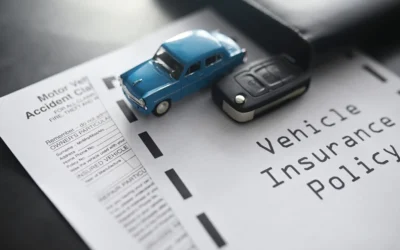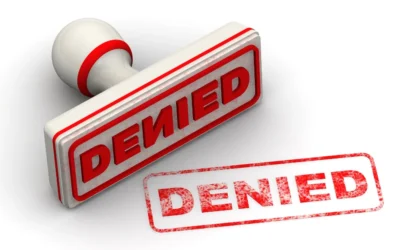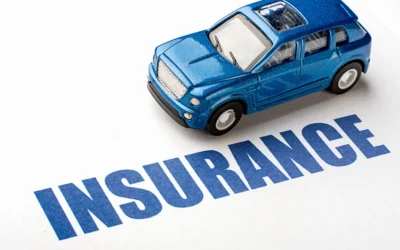If you’re reading this, chances are you or someone you care about has recently been in an accident and now you’re facing the frustrating and confusing experience of having your claim denied. That’s incredibly disheartening, especially when you’re already dealing with pain, medical bills, and emotional stress.
First, take a deep breath. It’s completely normal to feel overwhelmed right now, but there are clear steps you can take to challenge the denial and move forward. This article will walk you through what to do, who can help, and how to protect your next steps.
1. Understand Why the Claim Was Denied
Insurance companies are required to provide a reason for denial. Common reasons in Florida include:
- Missed Deadlines: If you didn’t file your claim or seek treatment in time.
- Lack of Medical Evidence: Not enough proof of injury or that it was caused by the accident.
- Policy Exclusions: The type of accident or damage isn’t covered.
- Disputed Fault: The insurer claims you were at fault or partially responsible.
Helpful Tip: Look for a written Explanation of Benefits (EOB) or denial letter. This document is your starting point. It tells you what the insurer is using to justify their decision.
2. Don’t Panic And Don’t Give Up
It’s common for claims to be denied initially. That doesn’t mean your case is over. Florida law gives you the right to:
- Appeal the decision
- Request a review
- Submit new evidence
- Consult with a personal injury attorney
Helpful Tip: Some denials are based on technicalities or missing paperwork. Often, simply providing additional documentation can move your case forward.
3. Review Your Insurance Policy
Take time to carefully read through your auto insurance policy and any other relevant policies (like health insurance or uninsured motorist coverage). Check for:
- Coverage limits
- Excluded scenarios
- Timelines for reporting and appeals
If it’s confusing (which it often is), that’s okay. An attorney can help interpret the legal language and ensure your rights are protected.
4. Collect and Organize Your Evidence
This is the time to build a strong case. Start by gathering:
- Medical records and bills
- Photos from the accident scene
- Witness statements
- Police or incident reports
- Communication with the insurance company
Helpful Tip: If you’ve kept a journal of your pain, recovery, and emotional struggles keep going. These personal records can support your claim.
5. Talk to a Florida Personal Injury Attorney
You don’t need to handle this alone. A licensed Florida attorney experienced in accident claims can:
- Review your denial letter
- Advise on the strength of your appeal
- Deal with the insurance company for you
- Help you file a lawsuit if necessary
Helpful Note: Florida has strict deadlines for taking legal action (known as the statute of limitations), so don’t wait too long to get help.
6. Appeal the Denial The Right Way
Your attorney will guide this process, but generally, you’ll need to:
- File a formal appeal with the insurance company
- Submit any new or corrected evidence
- Stay within the insurer’s deadlines
If the insurer still refuses to pay, your attorney can escalate to legal action.
Important: Do not speak to insurance adjusters without legal support. They may use your words against you, even if you’re just trying to explain.
You’re Not Alone in This
If you’re feeling discouraged, that’s completely understandable. Navigating denied claims, medical care, and recovery is a heavy burden but you don’t have to carry it alone. Licensed attorneys and compassionate medical providers across Florida are ready to help.
Hurt Aid connects you to trusted professionals who understand what you’re going through and can guide you every step of the way without pressure, promises, or legalese.
Next Steps: Get the Support You Deserve
- Check the denial letter and note the reasons.
- Gather your records and organize what you have.
- Reach out through Hurt Aid to speak with a Florida attorney and find nearby medical care.
- Remember: A denial isn’t the end, it’s just a bump in the road to recovery and resolution.





